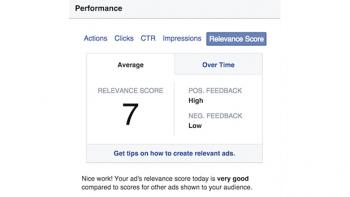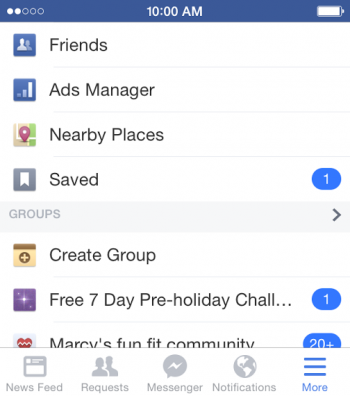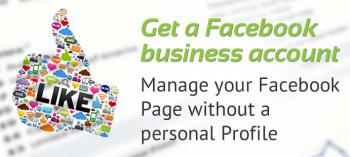Facebook for Business
To give you more insight into the performance of your Facebook ads, Facebook has officially introduced the new Ads Relevance Score as a visible metric in the ad reporting tools.
Ads Relevance Score is a metric that provides an estimate of how relevant your ad is to its target audience, on a scale of 1 to 10. For anyone familiar with Google Adwords, it is similar to the Quality Score.
Taking relevance into account helps ensure that people see ads that matter to them, leading to a better experience for people and businesses alike.
How relevance scores works
Relevance score is calculated based on the positive and negative feedback an ad receives from its target audience. Ads receive a relevance score between 1 and 10, with 10 being the highest. The relevance score will only appear once an ad has recieved 500 impressions or more.
The score is updated as people interact and provide feedback on the ad. The more positive interactions, the higher the ad’s relevance score will be. The more times people hide or report an ad, the lower its score will be.
Positive Feedback
Just when you've started getting comfortable with using Facebook's Business Accounts for managing multiple business campaigns, boom, there's another change.
This summer Facebook rolled out the new Facebook Business Manager that lets teams at businesses and agencies manage multiple ad campaigns and pages in one interface. All of your pages and ad accounts, and people you need to work on them, are now in one place.
Have you ever been scrolling down your Facebook news feed in the few spare minutes that you have, and seen an article that really interested you that you just didn't have time to read?
Chances are you "shared" it to your wall for everyone else to see but never came back to it, or you just accepted your loss.
This summer, Facebook launched a "Save" feature that allows users to privately save Facebook pages and links that interest them and come back to them later. Exciting, right?!
The web and mobile archival feature, called "Facebook Save," aims to help people who don't have time to explore links, places, movies, TV shows or music immediately. So now you no longer have to miss out on your favorite page's newest post, or that Copyblogger article you may never find again.
Even if you're someone who is willing to share every interesting article on your Facebook wall, eventually your wall fills up, and posts begin to disappear. This new save feature keeps the links and pages you want archived into a list that is automatically organized by category, and the list can be accessed at any time on the social network's website, iOS app or Android app.
There are many reasons why Facebook's advertising could present more trouble than its worth. One big reason is that for many companies, Facebook advertising is permanently connected to a user account. Which means if the administrator, or owner of the page, leaves the company, he/she takes all the Facebook ad history (creative and analytics reporting) with him/her. You can always add another manager, but you can never transfer your administrative rights.
Another big reason is that for companies like Broadstreet Consulting, who manage multiple accounts, it is not possible to designate different payment methods for different campaigns. All of your campaigns will be charged to the same primary payment method that you have listed. Facebook will attempt to bill charges to your primary payment method first, but in the event that a payment fails, they will attempt to bill other payment methods that you have associated with your account. This means it is very likely, especially if you don't already know this, that Facebook will bill the wrong credit cards for your clients.
There is a solution: the Facebook business account.
- 1 of 2
- next ›




